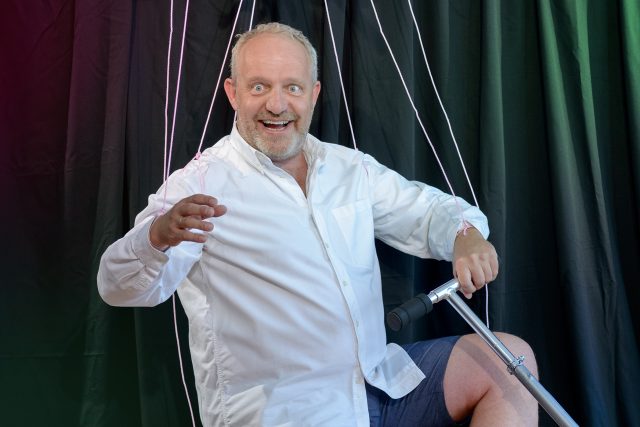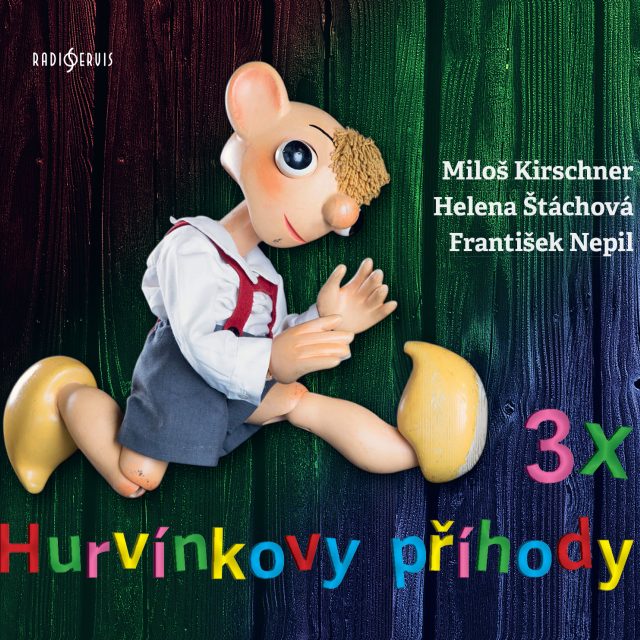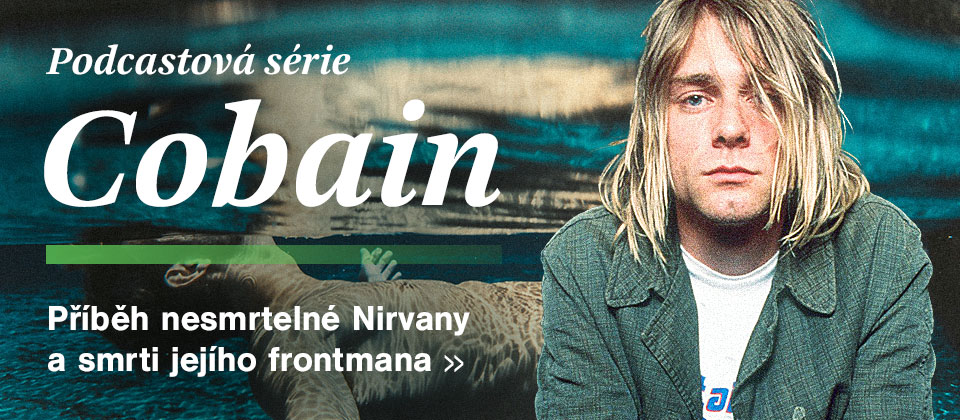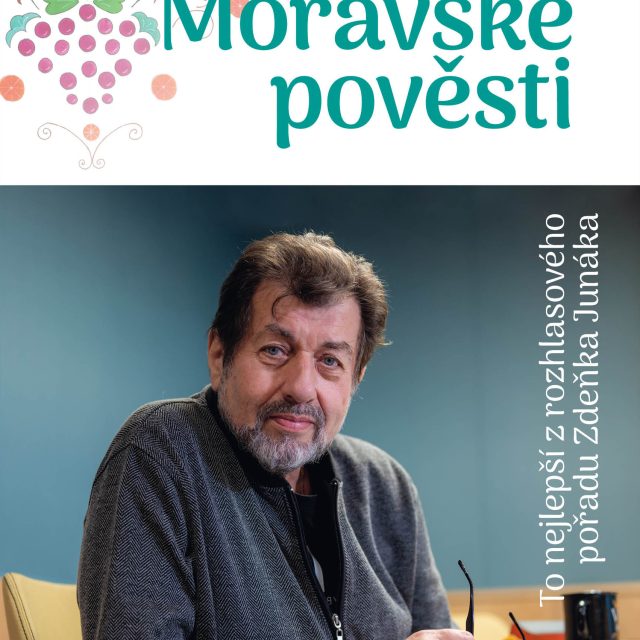Jan Václav Hugo Voříšek
* 11 May 1791 Vamberk † 19 November 1825 Vienna
Voříšek was a Czech composer, piano virtuoso and teacher, organist and conductor. A representative of early romanticism, in the genre of the miniature piano composition he continued the vein of Dusík and Tomášek. He was an important performer and co-organizer of historic first concerts in Vienna.
Jan Hugo Voříšek (christened Jan Václav) was born on 11 May 1791 into a family of musical teachers. From the age of three his father began giving him piano and voice lessons, later adding the organ; he himself then started playing the violin. At seven he was able to substitute for an ailing relative as the organist in Golčův Jeníkov. After his return home, he and his father undertook three walking concert tours in the Czechlands.Between 1802 and 1813 he studied at the Malostranská normal school, then at the gymnasium and for three more years what was called “philosophy,” preparation for the university. He excelled in all subjects, also performing as organist during school religious services. In 1804 he was for several months a student of Václav Jan Tomášek, but for the most part he educated himself through study of the works of the classical masters. In 1813 he went off to Vienna to study law but also to keep active with music. A year later Beethoven writes Tomášek that Voříšek has visited him "several times" and praises his Rapsodie, which would later be dedicated to Tomášek as Opus 1.In Vienna Voříšek studied piano with Johann Nepomuk Hummel, who handed over to him when he left in 1816 all his students. At that time he was already active in the important if only recently (1812-1814) established Gesellschaft der Musikfreunde, which in turn instigated the founding of the Vienna Conservatory (1817) and fostered symstematically the organization of musically historic concerts in Vienna. Voříšek participated in them as a répétiteur and after 1818 was assistant and then chief conductor of this society, in which all participants worked for free. He was in regular contact with the families of the governing elite in Vienna, the gathering places of the so-called dilettante societies, for example, at the house of Advocate Sonnleithner and of court counselor Kiesewetter. The former of these was the venue for contemporary works (among others, of Schubert), whereas the later specialized in Renaissance and Baroque music. There according to the reports of his contemporaries, Voříšek played the basso continuo brilliantly. He would organize private quartet playing for his friends or improvise on the organ. The great quantity of such activities is also obviously one of the reasons for the relatively small number of his compositions, which amount to about 55 items although these really account for only a fraction of the works Voříšek created in the course of his life. His great services in the development of Viennese concert life in his time have thus far been in general little acknowledged.In the period around 1820 Voříšek was considered one of the best pianists in Vienna. He appeared both in public and at private soirées with other outstanding artists. This was also the period when he composed his greatest works: the Impromptus op. 7, the Sonata for Piano and Violin op. 5, the Symphony in D major and the Piano Sonata in B minor op. 20. Voříšek was in 1817 the first to use the name Impromptu for a piano composition. In his piano Impromptus op. 7 he makes striking use of motifs from Czech pastorales. His single symphony, the D Major that is today world famous, is of very high quality and represents a unique link between the high point of Viennese classicism and the symphonic poetics of the Czech romanticism that would come later. Voříšek also produced excellent compositions in the brilliant piano style of his times, at times paraphrasing favorite melodies; 3 occasional cantatas (1 lost); songs (some on his own texts); chamber music; and in the last period of his life, sacred works: a Mass in B Major, 2 offertoria and a graduale. His themes in cyclical form suggest the swagger of Beethoven whereas their elaboration point to the terse precision of Mozart. This combination is one of the characteristics of Voříšek’s personal style.In the words of his biographer Aloys Fuchs, however, Voříšek’s primary domain was the organ. He made his first attempt to win the position of organist to the court in 1818, but was unsuccessful. In 1822 he finished his law degree and for a short time was an unpaid practitioner at the Court Military Council. That same year he won in convincing fashion the competition for the position of second court organist, which he occupied beginning in January 1823; and after the death of the first court organist he moved into his position. After 1824 he began to have health problems and died the following year of tuberculosis.
Voříšek’s contribution to cultural life in Vienna during the time of his activity in that city has still today not been acknowledged. During his time in Vienna the composer remained in contact with his own homeland, where after his father‘s death he traveled to visit his brother, a priest in Petrovice, he too upon occasion a composer. He corresponded with Tomášek and strove to the best of his ability to make him better known in Vienna. That the cultivated public of Czech patriots considered him their own is clear from the words of Jungmann’s son Josef Josefovič, who in a postscript mentioning Voříšek’s death in a letter from 1826 called him "an excellent Czech musician."Voříšek’s closest friend was musicologist and collector Aloys Fuchs (1799-1853), who completed in March 1826 a biography, Biographische Notizen über Joh. Hugo Worzischek, k.k. ersten Hoforganisten in Wien, a unique source for all the information appearing in scolarly literature. This work, along with the characteristics of the composer’s artistic style and a list of his compositions, mentions the extraordinary kindness and modesty of his character, a trait confirmed by the circle of all his friends.
Author: Olga Zuckerová
E-shop Českého rozhlasu
Hurvínek? A od Nepila? Teda taťuldo, to zírám...
Jan Kovařík, moderátor Českého rozhlasu Dvojka


3 x Hurvínkovy příhody
„Raději malé uměníčko dobře, nežli velké špatně.“ Josef Skupa, zakladatel Divadla Spejbla a Hurvínka




